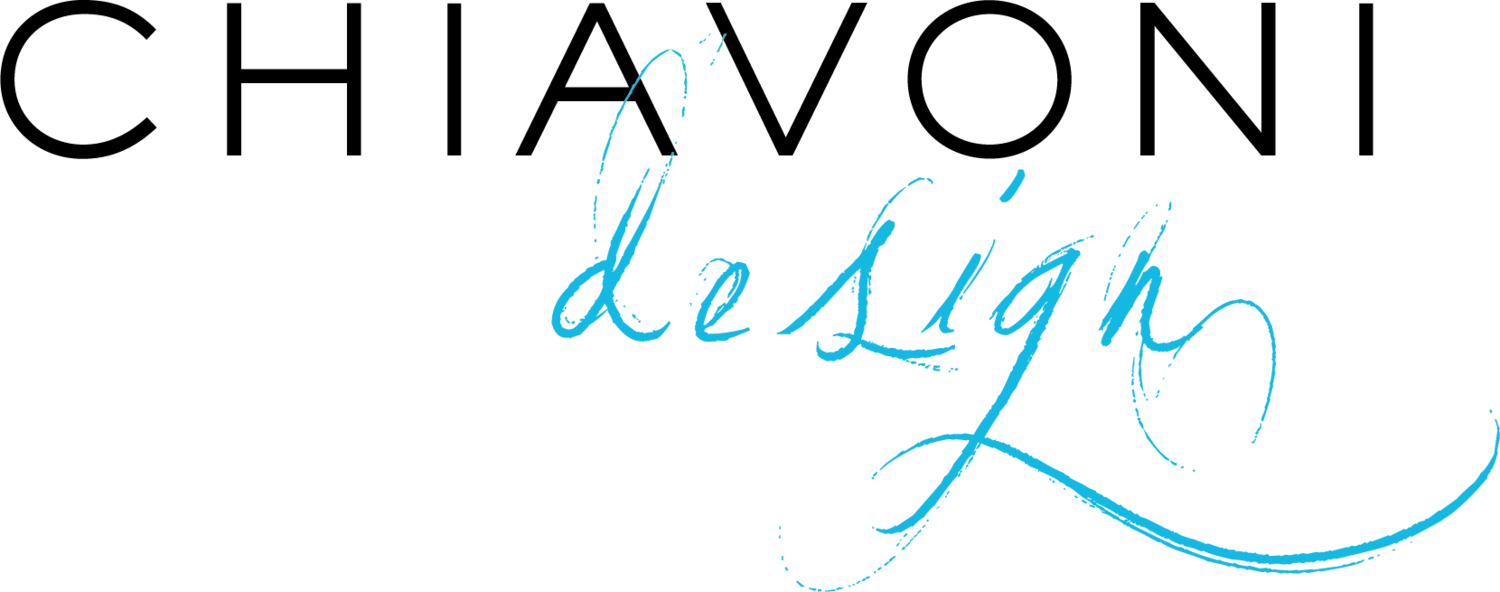The Role of Social Media and Mental Health
This is a complex and evolving topic. While social media platforms have provided numerous benefits, such as connecting people across the world and providing a space for self-expression, they also come with various challenges and potential negative impacts on mental health. I’m not saying stop swiping and delete your account but let’s take a more in-depth look at the relationship between social media and mental well-being. We’ll address the positive and negative impacts along with providing you tips to maintain positive mental health and continue to enjoy using social media platforms.
Positive Impacts:
Connection!
As humans we need connection, whether it’s face to face or a comment or like. Social media can facilitate these connections especially for those who feel isolated in the physical world as it can help provide support and a sense of belonging.
Accessibility to information & mental health awareness
There is an ample amount of individuals and organizations that are on these platforms raising mental health awareness, sharing resources, and reducing stigma. It’s a great way to access information that you may not find elsewhere or didn’t know was out there.
A great account to follow for information about suicide prevention and how you can participate is @afspnational and you can research hashtags like #WorldMentalHealthDay #SuicidePrevention etc…the list goes on.
Social media marketing!
It’s a great advertising platform. So many people are on social media daily, some hourly. Learn how to utilize these platforms to market your business and you are golden. We provide these services if you don’t have the time, knowledge, or desire. Let us know.
Challenges and Negative Impacts:
Comparison and Envy
What is being shared (posted) is typically only the “good” stuff, you don’t see the reality of life. It can lead to feelings of inadequacy, jealousy and low self-esteem. Along with the good ol acronym I’m sure you’ve heard of, FOMO. The fear of missing out which is an emotional response to the belief that other people are living better, more satisfying lives or that important opportunities are being missed.
Cyberbullying
Ugh, we hate this one and hate is a strong word I was always told not to use. Bullying not only happens on school grounds, where we hear most of it but it can happen online too. Use that block feature.
Negative Content Exposure or Harassment
Exposure to distressing content can be traumatic and trigger mental health crisis. Not to mention, teenage usage that isn’t being monitored or used properly such as having a private account. You don’t truly know who’s on the other end of that account – be cautious with those you don’t know.
Addiction and Overuse
Seems silly to even mention this but excessive use of social media can lead to addiction-like behaviors with individuals compulsively checking their feeds. This can disrupt sleep patterns, increase anxiety, and contribute to feelings of isolation.
Tips!
Be Mindful – Be mindful of time spent on social media, set your own limits and take breaks – it’s easy to fall into that rabbit hole!
Unfollow – Peek at your followers and who you’re following from time to time. Unfollow negative accounts that make you feel negative emotions. Block those engaging in harassment or bullying.
Limit Comparison – Like I said before, social media presents a curated version of reality, avoid comparing your life to others posts and reels.
Seek Help When Needed – If something doesn’t feel right or you’re feeling negative emotions reach out to friends, family or mental health professionals for support.
In conclusion, social media is fun! Although it’s essential for individuals to use these platforms mindfully and seek help when needed. Now go reach out to a friend that seems to have their shit together because those are usually the ones that need a friend. Remember, it’s ok to not be ok.
Suicide and Crisis Lifeline just call 988
